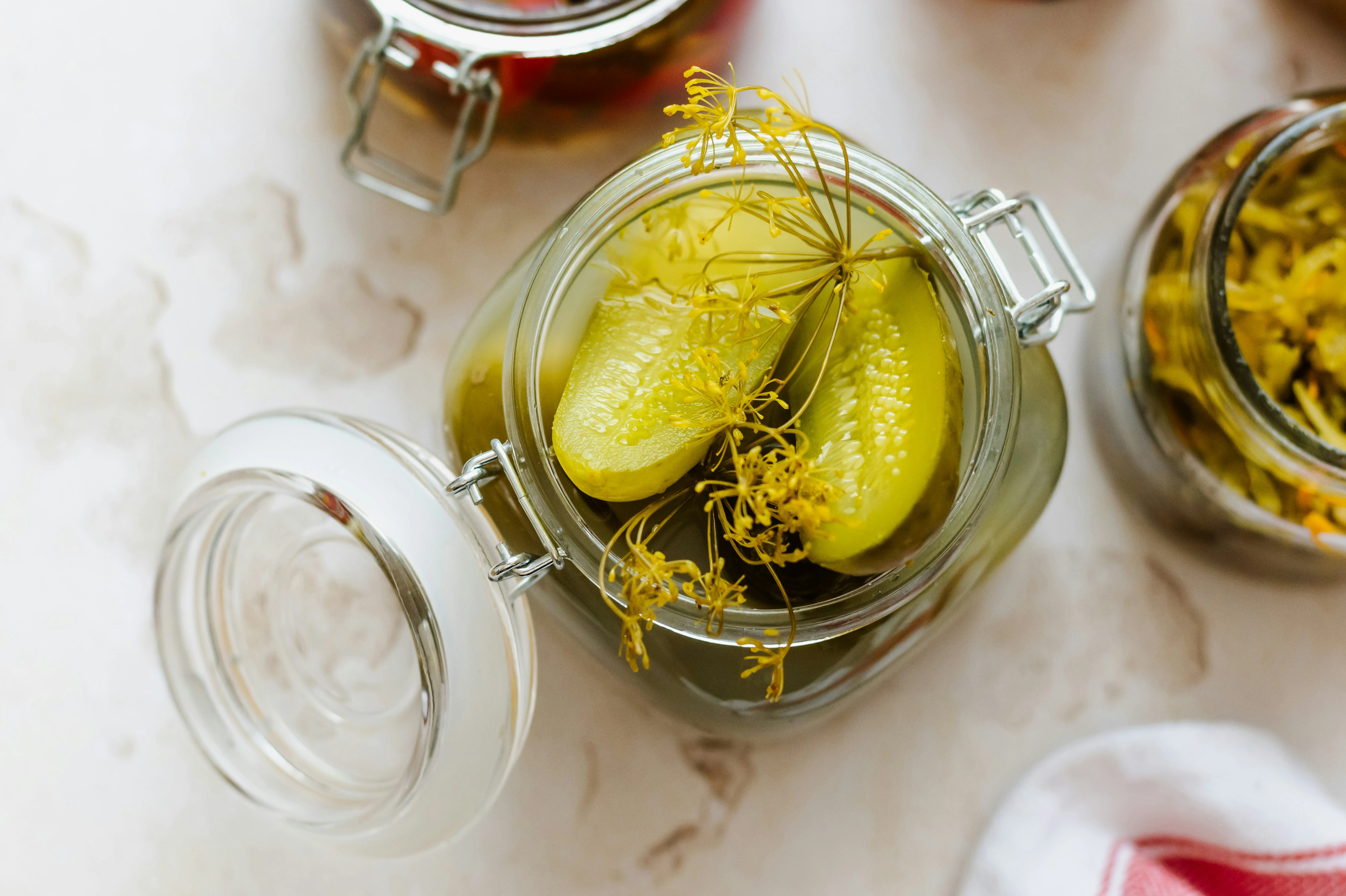- 1/2 cup coconut water
- 1/2 orange juice
- 1/4 cup tart cherry juice
- 1 tsp sole (find recipe here)
- 1 magnesium bisglycinate gel capsule
You can double or triple this to keep it on hand. Store in the refrigerator.
- add all the liquid ingredients into a glass or bottle and mix or shake well.
- to add the magnesium, gently pull the capsule open and add the magnesium powder to the liquids and mix really well.
- Drink before bedtime to aid in sleep.
*Coconut water is a refreshing and hydrating beverage that offers several health benefits. Packed with electrolytes like potassium, magnesium, and sodium, coconut water helps replenish fluids and minerals lost through sweat, making it an excellent choice for hydration after exercise or in hot weather. It's low in calories and naturally free of fat and cholesterol, making it a healthy alternative to sugary drinks. Additionally, coconut water contains antioxidants, vitamins, and minerals that support overall health, digestion, and immune function. There are about 19.2 milligrams of calcium in one cup of coconut water, according to a sample analyzed by the USDA.
**Orange juice is a favorite beverage high in antioxidants and micronutrients like vitamin C, folate, and potassium. Regular consumption has been associated with several health benefits, including improved heart health, decreased inflammation, and a reduced risk of kidney stones.
*Tart cherry juice is renowned for its numerous health benefits, particularly its potential to improve sleep quality. Rich in antioxidants and compounds like melatonin, tart cherry juice has been linked to promoting better sleep by regulating the sleep-wake cycle and increasing overall sleep duration. Consuming tart cherry juice regularly may help reduce insomnia symptoms, enhance sleep efficiency, and improve sleep onset latency, making it a natural and effective sleep aid. Incorporate tart cherry juice into your bedtime routine to enjoy its soothing effects and support a restful night's sleep.
*Sole, a concentrated saltwater solution made by dissolving Himalayan salt in water, is believed to offer various health benefits. Advocates suggest that consuming sole may help balance electrolytes, promote hydration, support digestion, and improve overall mineral balance in the body due to its rich mineral content. However, scientific evidence supporting these claims is limited, and individuals should exercise caution and moderation when using sole as a health supplement.
*Magnesium bisglycinate is also known as magnesium diglycinate and magnesium glycinate. Magnesium is a vital nutrient for regulating many body processes, including muscle and nerve function, blood sugar levels, and blood pressure. This mineral also supports the making of protein, bone, and DNA. Magnesium glycinate is a well-regarded supplement known for its potential to contribute to better sleep and alleviate overall anxiousness.






.webp)





.webp)













.webp)





.webp)











































.webp)









.webp)

.webp)
.webp)


.webp)













.webp)




.webp)
